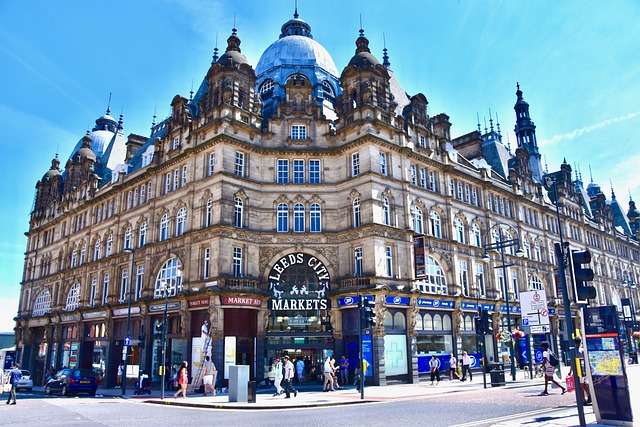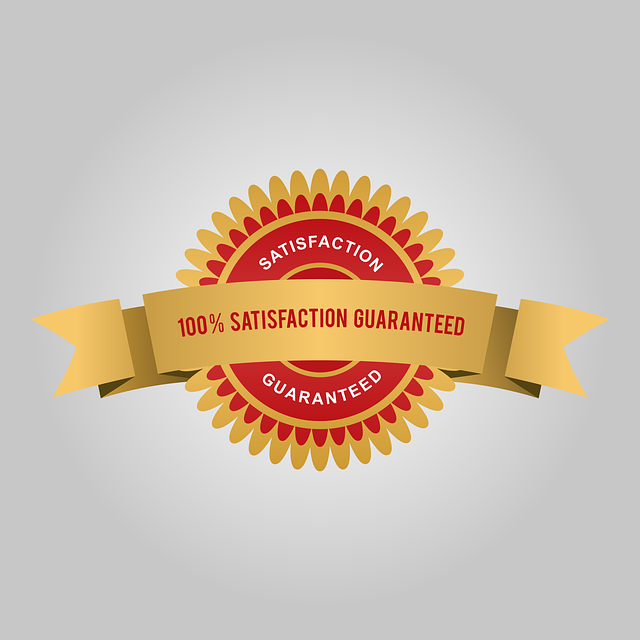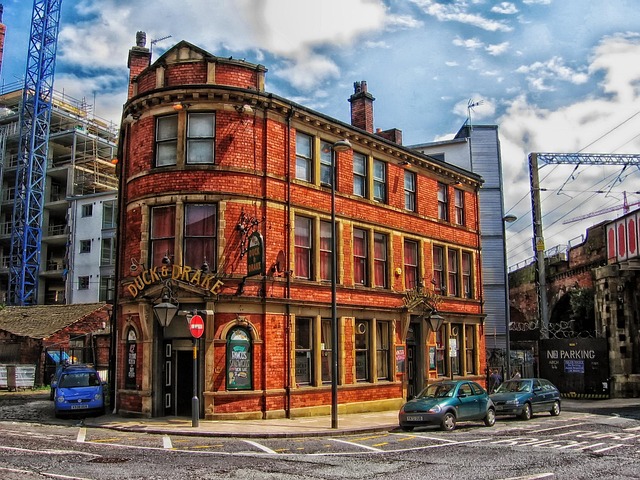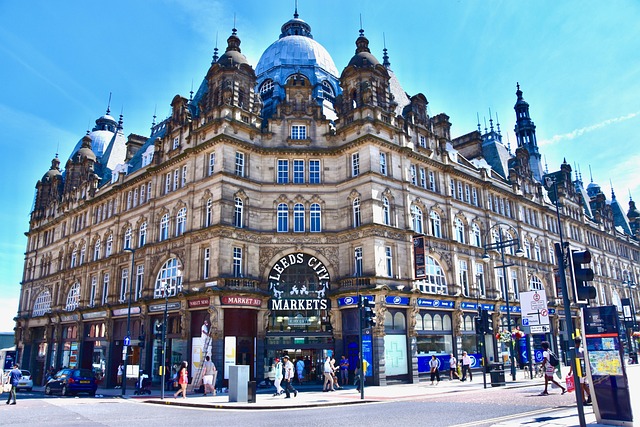In today's real estate market, green initiatives drive trends as environmentally conscious buyers and renters seek sustainable properties featuring eco-friendly features like renewable energy sources, water conservation systems, and green building designs. This shift attracts eco-aware individuals and provides long-term financial benefits, with developers and investors increasingly adopting these practices to contribute to a more sustainable industry.
In today’s eco-conscious world, real estate is undergoing a green revolution. Green initiatives define modern property, with sustainable features like energy-efficient systems and renewable materials becoming standard. Eco-friendly practices not only enhance a property’s appeal but also significantly boost its value. For environmentally conscious buyers, these attributes are crucial, making them active participants in the market. This shift marks a paradigm change in real estate, where sustainability is no longer an option but a necessity.
Green Initiatives Define Modern Real Estate

In today’s environmentally conscious world, green initiatives have become a defining factor in the real estate market. Buyers and renters alike are increasingly prioritizing properties that align with sustainable practices. This shift is not just a trend but a necessary step towards a greener future. Real Estate professionals are taking notice, adapting their strategies to include eco-friendly features and certifications.
Green building designs, energy-efficient appliances, renewable energy sources, and water conservation systems are some of the key components that contribute to a property’s environmental credibility. These initiatives not only attract environmentally aware individuals but also offer long-term benefits such as reduced operating costs for owners and tenants. As the demand for eco-friendly real estate continues to rise, developers and investors are incorporating these practices into their projects, ensuring a more sustainable and responsible future for the industry.
Sustainable Features Boost Property Value

In today’s real estate market, buyers are increasingly conscious of environmental factors when considering property investments. Sustainable features and eco-friendly design elements have become key differentiators, boosting property values significantly. Homes equipped with renewable energy sources like solar panels or wind turbines appeal to environmentally-conscious buyers who are willing to pay a premium for such amenities.
Moreover, efficient water conservation systems, green building materials, and well-designed natural lighting and ventilation contribute to reduced energy costs over time. These features not only attract eco-friendly tenants or buyers but also enhance the property’s overall sustainability, making it more desirable in the long run. This trend reflects a broader shift towards sustainable living, where real estate values are directly linked to environmental considerations.
Eco-Friendly Practices Attract Environmentally Conscious Buyers

In today’s market, eco-friendly practices are no longer just a niche preference but a critical factor that boosts property’s appeal in real estate. Environmentally conscious buyers increasingly seek homes and investments that align with their values, driving a significant shift in the industry. Properties with sustainable features, such as energy-efficient appliances, green building materials, and water conservation systems, stand out to these buyers, translating into higher sales and rental rates.
This trend is not just about attracting a specific demographic; it reflects a broader consumer movement towards sustainability. By adopting eco-friendly practices, real estate developers and property owners position themselves as responsible stewards of the environment, fostering goodwill among a growing segment of consumers. This shift in buyer preferences empowers environmentally conscious individuals to make meaningful impacts through their real estate choices while ensuring that properties remain competitive in a rapidly evolving market.






